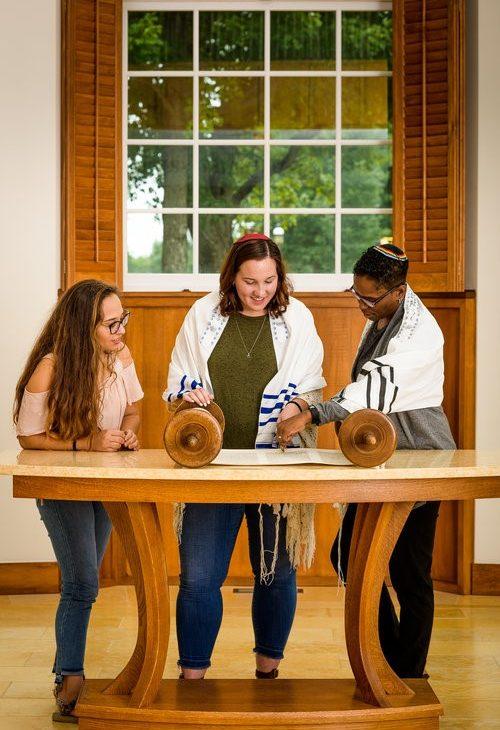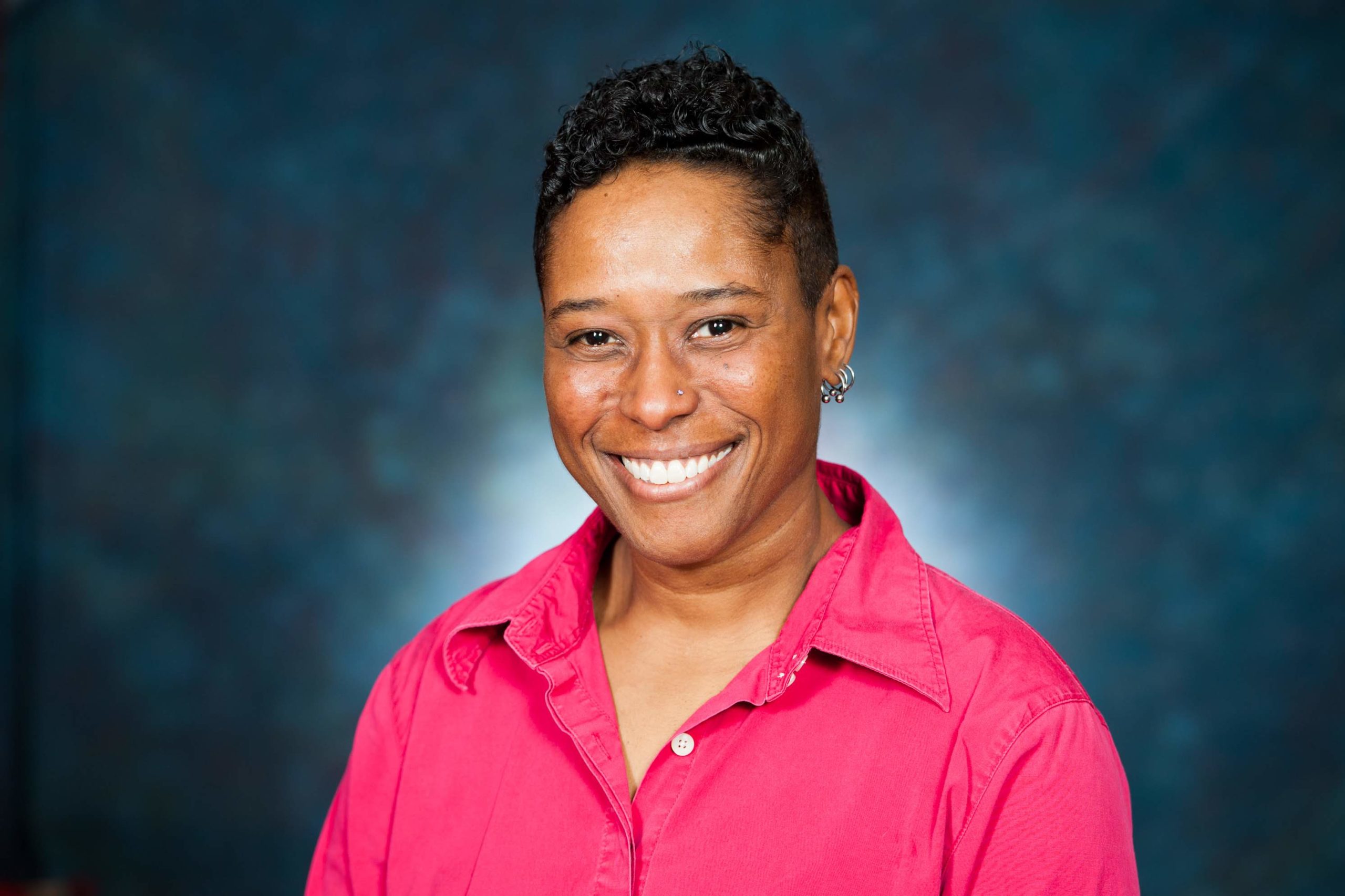People Created Racism. People Must Fix It.
November 30, 2022

In Judaism, our holiest book, the Torah, tells us no less than 36 times to love and care for the stranger. In our society, we sometimes struggle to see the humanity of the stranger or the other.
If our hearts are open and we listen to each other, we may finally free ourselves from the bigotry that infects our entire society and remember to love. Love is in the Divine Spark that created the Torah. That spark of holiness teaches us we are all created in God’s image and that any society we make must be grounded in kindness, justice, and fairness for all.
The Torah created an entire system based on these values, a society where we can live in communities with a sense of security and where others will treat us fairly, honestly, and equally. Even though the Torah instructs us to make a society based on justice, kindness, and fairness for all, we continue to miss the mark because we live in a society that, from its inception, was built on the idea of privileging one group over others.
For Black and brown folks, this often means that racism plays out in our lived experiences in our society. Racism is part of our society, created by people, and people must fix it. Fixing racism is not impossible. It means we have to work physically and emotionally to recognize when racism shows up in our lives and do our part to dismantle the racist system we inherited in our society.
I serve as the Inaugural Director of Racial Diversity, Equity, and Inclusion for Reconstructing Judaism. In my role, I help Reconstructing Judaism realize its deeply held aspiration of becoming an anti-racist organization and movement. My overall goal is to create awareness of racism in our communities. When I travel to different communities, I still hear people say things like, “I don’t see color.” This is a ridiculous statement because we all see someone’s skin color, and from there, we try to decipher their race. Study after study continues to show that we react differently and treat others differently because of race. In our society, if one attempts to have a colorblind mentality toward race, how will they recognize racism when it is happening right in front of them? And if one does not see skin color, how will they ever begin to know the racism Black and brown people experience in our society?
As citizens, we all suffer from the ills of racism, of course, differently, but we are all affected. We are all affected because we are citizens of the United States, a country built on land stolen from Indigenous people and bodies trafficked from Africa. This created wealth for some, and it also created a racial hierarchy with whiteness at the top.
When discussing racism, many of us operate under different definitions of what that word means. I have learned that for many white people in America, calling something or saying someone is racist is possibly the worst word one can use. For many white people, racism is not a lived experience, as it is for Black and brown people in the United States. When many white people think of racism, they often hold up some of the worst examples in our history, such as the Ku Klux Klan, American slavery, Jim Crow, and lynchings. Focusing on those definitions of racism keeps many white people from identifying racism when it is happening around them or when they are perpetuating it. It also keeps many white people from understanding that racism has evolved and adapted to the 21st century.
The racism that Black and brown people experience in our society looks vastly different from the racism my grandparents experienced, and yes, it is still racism. Hyper focusing on the worst examples of racism in our history causes many white Americans to believe that they have never witnessed racist behavior. This type of thinking has also led many white Americans to wrongly assume that the election of the first Black president, Barack Obama, meant that racism in America was over.
When we remember the values laid out in the Torah of justice, fairness, and kindness for all, and to love and care for the stranger, we can begin the hard work to dismantle and eliminate structures of oppression, such as racism, wherever it appears. People created racism, and people must fix it.
Share
Related Articles

Rabbi Sandra Lawson
Rabbi Sandra Lawson is the Inaugural Director of Racial Diversity Equity and Inclusion at Reconstructing Judaism. The 2018 graduate of the Reconstructionist Rabbinical College is known for tackling difficult questions surrounding Jews and race. In 2020, the Forward named Lawson to its “Forward 50,” proclaiming her a “truth-teller,” and the Center for American Progress named Lawson to its list of Faith Leaders to Watch in 2022. Lawson also holds Bachelor of Arts and Master of Arts degrees in sociology. She lives in North Carolina with her wife Susan and three “fur babies”: Izzy, Bridget, and Simon.



